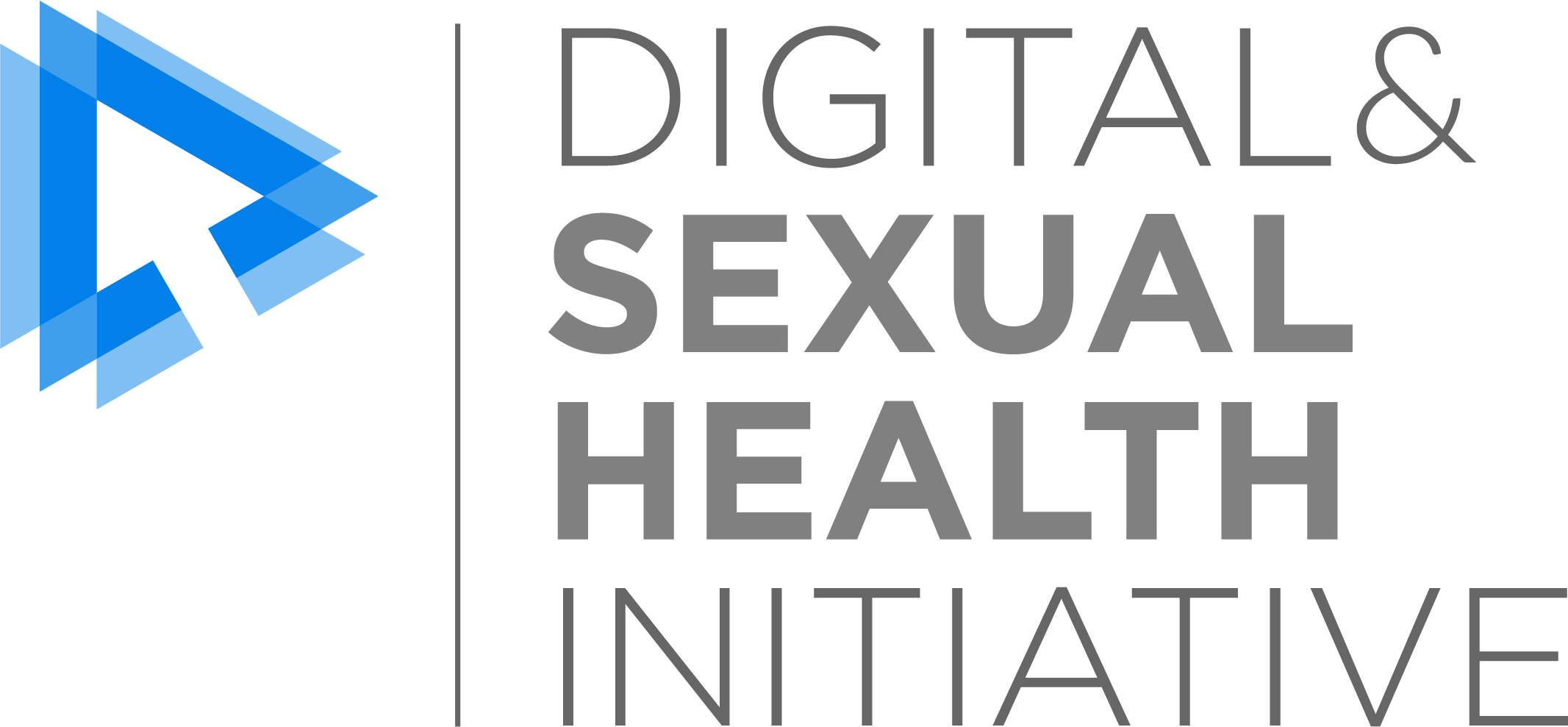Health equity and British Columbia’s GetCheckedOnline program: How can we make an online testing service for sexually transmitted infections that works for everyone?
Research theme(s)
Digital Health
Farrell J, Salway Hottes T, Haag D, Bondyra M, Gilbert M.
Poster presentation. Gay & Lesbian Medical Association Annual Meeting 2015, Portland, USA. Sept 24-26, 2015.
Background
Internet-based testing platforms for sexually transmitted infections (STI) such as GetCheckedOnline (GCO) are considered to increase testing access, yet this is rarely examined. In developing GCO we wanted to create a platform accessible, sensitive, and beneficial to underserved populations affected by STI/HIV. We conducted a health equity impact assessment (HEIA) to examine these questions and inform the development and evaluation of GCO.
Methods
The rapid HEIA included screening, scoping and impact assessment stages prior to and six months after GCO launch, and assessed the likely harms and benefits of GCO and its potential to exacerbate social inequities in health in British Columbia. We used an intersectional, equity-based lens to evaluate evidence and determine potential impacts of GCO on populations historically underserved or marginalized in this province.
Results
Considering the pathways through which GCO may reinforce or circumvent health inequities related to sexual health identified five populations of focus: men who have sex with men, youth, Aboriginal, transgendered, immigrant/socio-culturally diverse, and rural/remote populations. Final recommendations identified strategies to mitigate unintended negative and enhance positive impacts (e.g., language/images used, use by tech-savvy persons), and avoid unintentionally reinforcing unjust patterns of health distribution (e.g., uptake by individuals with adequate testing access) for these populations.
Discussion
The HEIA process directed the attention of decision-makers to important ways that GCO could unintentionally exacerbate health inequity, leading to changes in design and a more thorough evaluation of program impacts. Our findings emphasize the importance of considering health equity when implementing new sexual health technologies.
